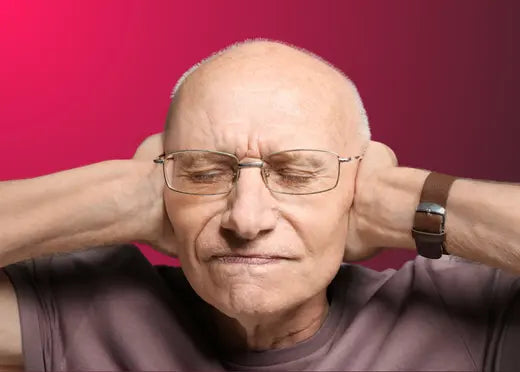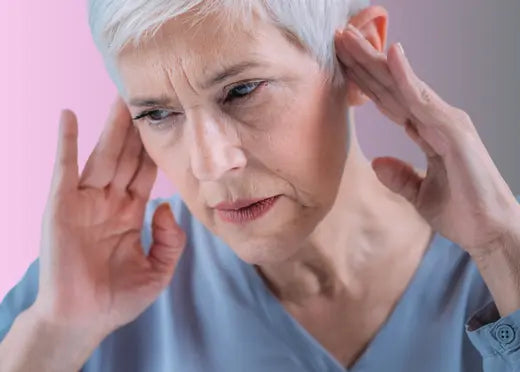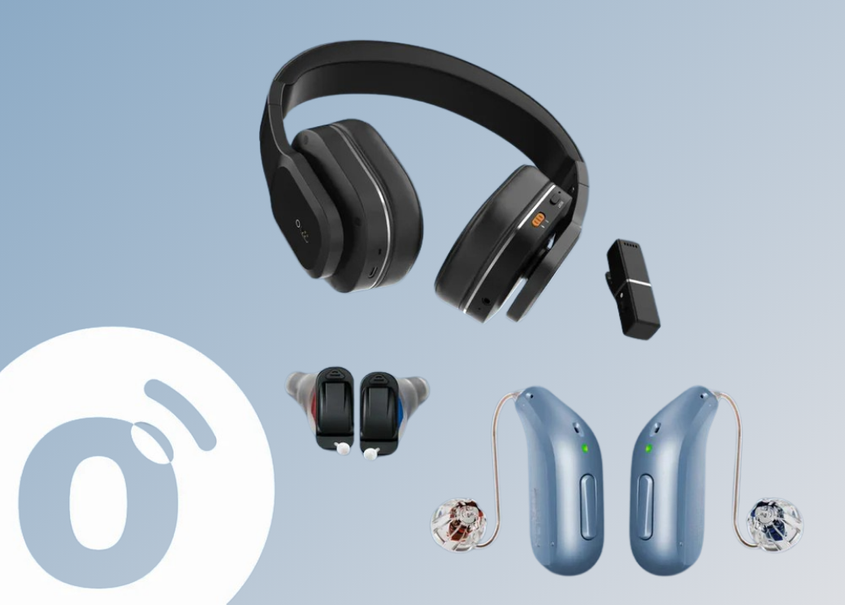Hyperacusis definition: understanding and relieving auditory hypersensitivity
Discover what hyperacusis is, its causes, and modern solutions to relieve this hypersensitivity to sounds that affects quality of life.
Definition and mechanisms of hyperacusis
What exactly is hyperacusis?
Hyperacusis is a hearing disorder characterized by excessive sensitivity to everyday sounds. Normally tolerable noises then become painful, oppressive, or unbearable.
Differences with phonophobia and misophonia
Unlike phonophobia (fear of sounds) or misophonia (emotional reaction to certain sounds), hyperacusis is a heightened sensory perception that often results from an alteration of the central auditory system.
Physiological and neurological mechanisms
Researchers suggest that hyperacusis is linked to overactivation of the auditory pathways, generating an amplified perception of sounds, sometimes linked to a history of sound trauma.
Severity scales and assessment
Several scales (such as the Hyperacusis Questionnaire) can quantify the impact of hyperacusis on daily life, thus facilitating better clinically recognized monitoring.
Main causes and risk factors
Acoustic trauma and noise exposure
Intense and prolonged exposure to loud sounds (concerts, explosions, noisy professional environments) is among the most common causes of hyperacusis.
Associated neurological and hearing disorders
Certain disorders, such as tinnitus or auditory nerve damage, are often correlated with hyperacusis. Broader neurological pathologies may also be involved.
Psychological factors and stress
Chronic stress, anxiety, or depression are known aggravating factors. They intensify the painful perception of sounds and increase hearing discomfort.
Genetic predispositions and individual factors
Innate hearing sensitivity or family history may play a role. Each individual's unique sensory profile influences the onset or severity of the disorder.
Impact on quality of life
For some people, using a hearing aid with sound filtering technology can significantly improve their everyday hearing comfort.
Social and professional consequences
Hyperacusis is isolating. Affected individuals avoid public places, social interactions, or professional activities, risking a loss of social connection and opportunities.
Sleep disorders and chronic fatigue
Nighttime noise or auditory hypervigilance disrupts sleep, leading to chronic fatigue and a general drop in energy.
Secondary anxiety and stress
Hyperacusis generates additional stress related to fear of sounds or anticipation of sound pain, promoting a vicious cycle.
Coping and avoidance strategies
Noise-canceling headphones, social withdrawal, and shift work: these coping strategies are common but can lead to withdrawal and harm quality of life.
Diagnosis and evaluation
Specific audiological tests and examinations
A thorough hearing assessment is necessary to make a reliable diagnosis. This often includes sound tolerance threshold and hearing acuity tests.
Questionnaires and rating scales
Tools such as the HQ (Hyperacusis Questionnaire) can assess the frequency, intensity and functional impacts of the disorder in daily life.
The importance of a differential diagnosis
It is essential to distinguish hyperacusis from other hearing or neurological disorders in order to provide appropriate treatment.
Monitoring and development of hyperacusis
Regular monitoring with a healthcare professional allows therapeutic strategies to be adjusted according to the evolution of symptoms.
Technological solutions for hyperacusis
Sound Therapy and Desensitization
This approach aims to gradually retrain the brain to tolerate sounds through regular exposure to neutral or pleasant noises.
Adaptive sound filtering: principle and effectiveness
Some devices can filter out harsh sounds while still allowing human voices to pass through. This is the case with the technologies embedded in modern hearing aids.
Spokeo Technology for Hyperacusis
Thanks to its intelligent microphone and dual-conductor technology, Spokeo isolates the speaker's voice from background noise. A simple and effective solution for people who are hypersensitive to noise.
Testimonials and case studies
Many users report a significant improvement in their daily sound comfort with Spokeo, particularly in social and medical environments.
👉 Want to try out sound filtering technology designed for hyperacusis? Check out Spokeo.













